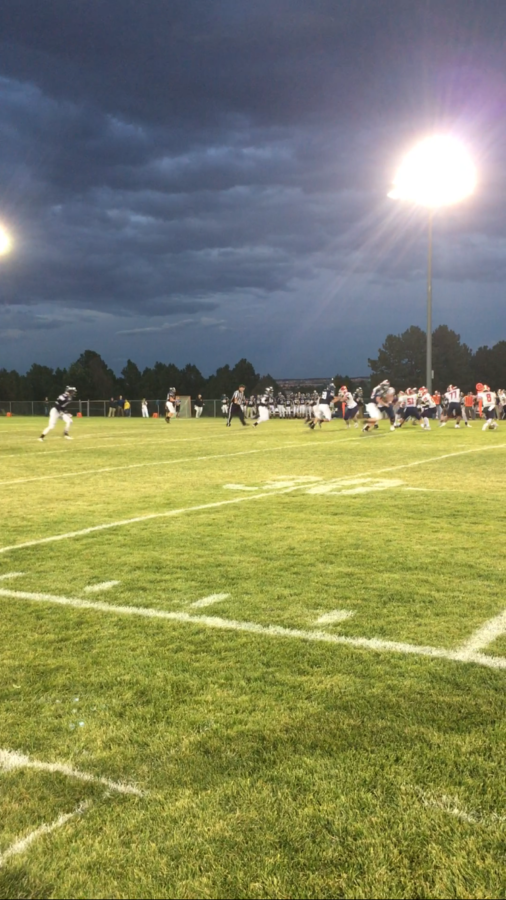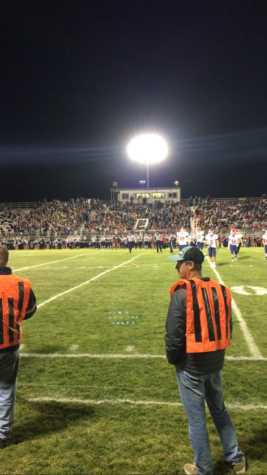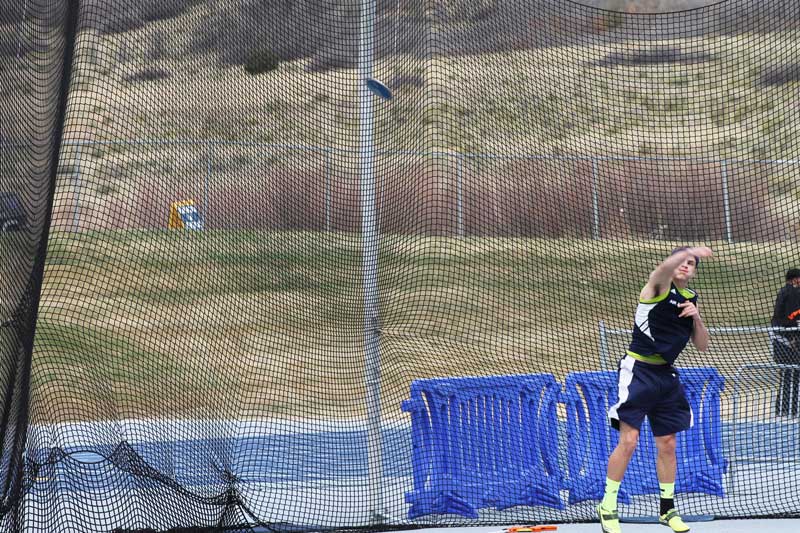Pain in the Brain?
October 31, 2017
Today in high school athletics, concussion related injuries have become ordinary. Almost 7 million students are involved in sports or recreational activities, and nearly 4 million get a concussion. But even though the pain only lasts 1 week-3 weeks, does it have long term effects?
A concussion usually occurs when an object either hits your head or you run into something. With the hard impact, it causes your brain to press on the side of your skull, tearing some of the 9.8 million neurons that make up your brain. The result causes many symptoms including blackouts, head-aches, blurry vision, balance difficulty, altered mood behavior, problems sleeping, memory loss, and lastly, anxiety and depression.
“When I got my concussion, I felt very separated from the world since I had to stay in dark rooms and not use electronics. It was hard for me to focus in class and it was hard to get back to play soccer,” says freshman Gavin Hughes, varsity soccer player.
“Later life consequences of getting a concussion are called PCS which stands for post-concussion syndrome. Some factors to this is getting constant head aches and behavioral symptoms. You can also get Chronic Traumatic Encephalophy which causes mood changes later in your 30-40’s and a loss of memory. For minds still developing, though, it can be dangerous too. In the brain, there are things called Tau which are part of your Axon which makes up your brain. Once you repeatedly bump your head, the Taus connect together, creating clumps that are very dangerous to your body.”Athletic trainer Bethany Stanforth says.
Many soccer players, however, have Taus clumped up in their brain, since they constantly head but the ball during the game.
“I would say I head butt the ball probably 7-8 times a game” says Sydney Pruitt, soccer player.
What soccer players don’t realize is that their brain is getting more damaged as they hit the ball. It results in bad memory when they are older and can lead to dementia.
Even though concussions seem very ordinary and seem easy to heal, they do have a long term effect. Between 50%-80% of student athletes go without treatment once they get a concussion.
Our brains are made up of soft material, but they are definitely not invincible!







